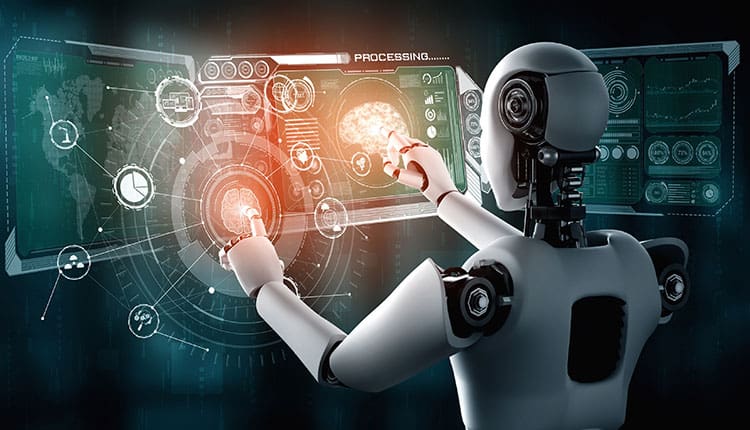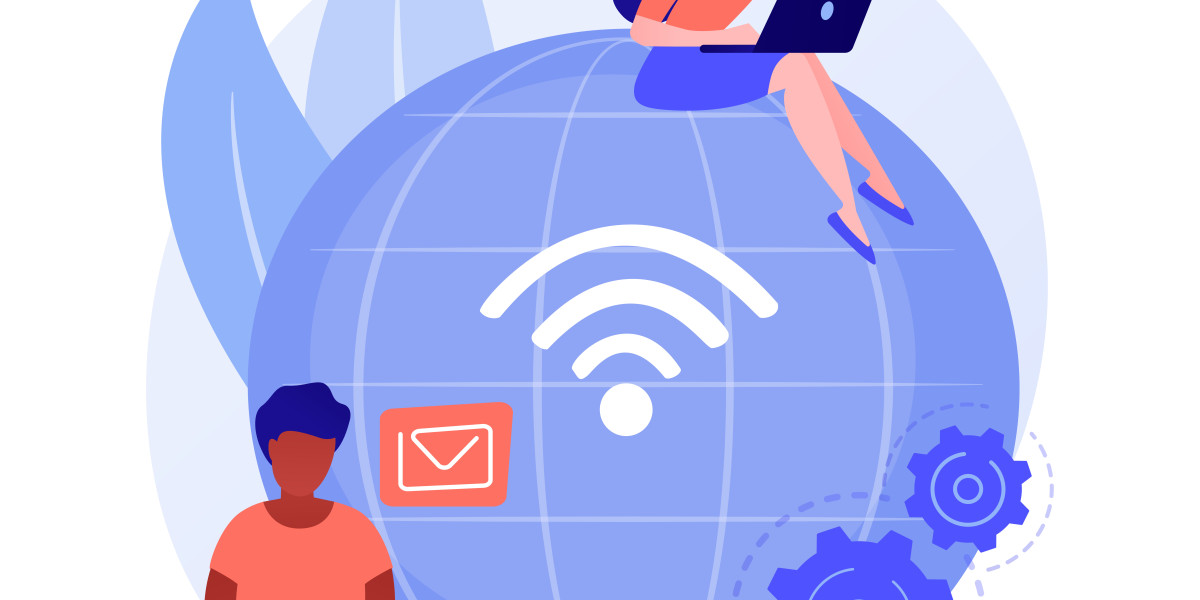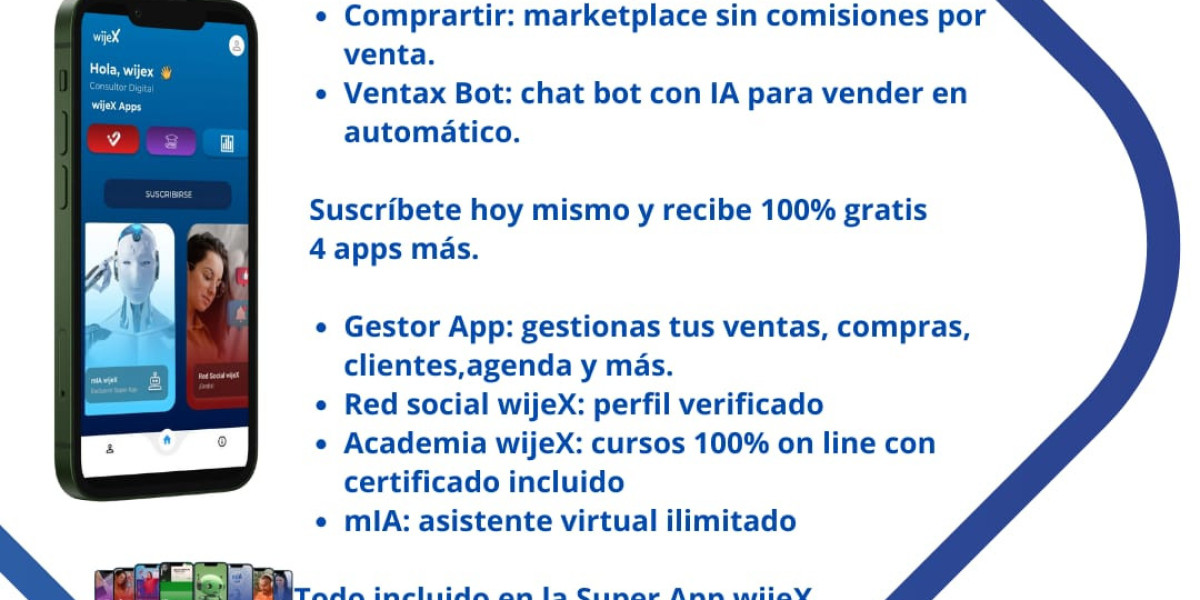
Technology is changing our world at an impressive rate! Its sweeping modifications can be discovered everywhere and they can be explained as both thrilling, and at the same time frightening. Although individuals in many parts of the world are still attempting to come to terms with earlier technological transformations together with their sweeping social and educational implications - which are still unfolding, they have actually been awoken to the reality of yet another digital transformation - the AI transformation.
Artificial Intelligence (AI) innovation describes the capability of a digital computer or computer-controlled robotic to perform jobs that would otherwise have been performed by humans. AI systems are developed to have the intellectual processes that identify human beings, such as the ability to factor, discover meaning, generalize or gain from previous experience. With AI technology, huge quantities of info and text can be processed far beyond any human capacity. AI can also be utilized to produce a huge variety of new material.
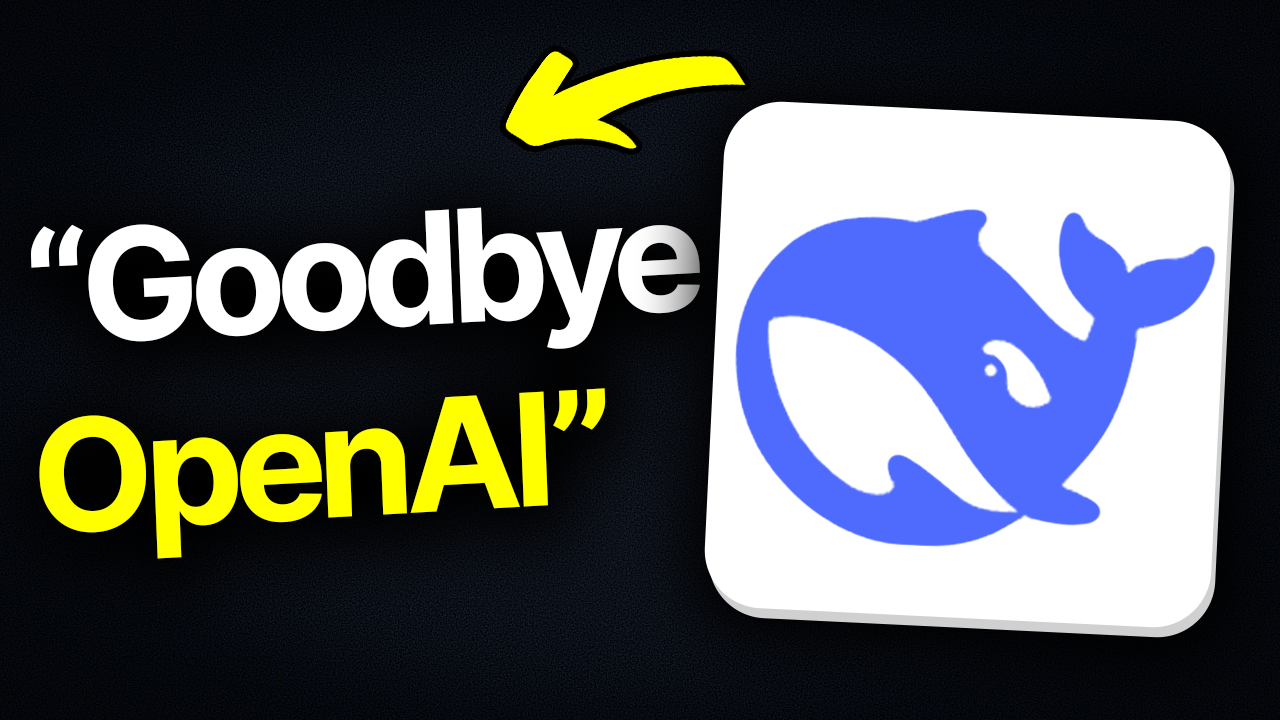
In the field of Education, AI innovation comes with the prospective to enable new forms of mentor, finding out and academic management. It can likewise boost discovering experiences and assistance instructor jobs. However, despite its favorable capacity, AI likewise positions significant dangers to trainees, the mentor community, education systems and society at large.
What are a few of these dangers? AI can minimize teaching and discovering processes to computations and automated jobs in methods that cheapen the function and impact of teachers and weaken their relationships with learners. It can narrow education to just that which AI can process, design and deliver. AI can also get worse the around the world shortage of qualified instructors through disproportionate costs on innovation at the expenditure of financial investment in human capacity development.
Making use of AI in education also develops some basic concerns about the capability of teachers to act actively and constructively in identifying how and when to make cautious use of this technology in an effort to direct their professional development, find solutions to challenges they deal with and improve their practice. Such fundamental questions include:
· What will be the role of teachers if AI technology become commonly carried out in the field of education?
· What will assessments appear like?
· In a world where generative AI systems appear to be establishing brand-new abilities by the month, what skills, outlooks and competencies should our education system cultivate?
· What changes will be needed in schools and beyond to assist students strategy and direct their future in a world where human intelligence and machine intelligence would appear to have ended up being ever more closely linked - one supporting the other and vice versa?

· What then would be the function or function of education in a world controlled by Artificial Intelligence innovation where people will not always be the ones opening brand-new frontiers of understanding and understanding?
All these and more are intimidating questions. They force us to seriously think about the concerns that occur regarding the execution of AI technology in the field of education. We can no longer simply ask: 'How do we get ready for an AI world?' We must go deeper: 'What should a world with AI look like?' 'What functions should this effective innovation play?' 'On whose terms?' 'Who chooses?'
Teachers are the primary users of AI in education, and they are expected to be the designers and facilitators of students' learning with AI, passfun.awardspace.us the guardians of safe and ethical practice throughout AI-rich academic environments, and to act as good example for lifelong learning more about AI. To presume these obligations, teachers require to be supported to establish their capabilities to utilize the prospective benefits of AI while mitigating its dangers in education settings and wider society.
AI tools need to never be designed to replace the legitimate responsibility of teachers in education. Teachers must stay responsible for pedagogical decisions in using AI in teaching and in facilitating its usages by trainees. For teachers to be responsible at the practical level, a pre-condition is that policymakers, instructor education organizations and schools assume duty for preparing and supporting teachers in the proper usage of AI. When presenting AI in education, legal defenses should also be established to protect instructors' rights, and long-lasting financial commitments need to be made to guarantee inclusive access by instructors to technological environments and basic AI tools as vital resources for adjusting to the AI era.
A human-centered technique to AI in education is important - a method that promotes crucial ethical and
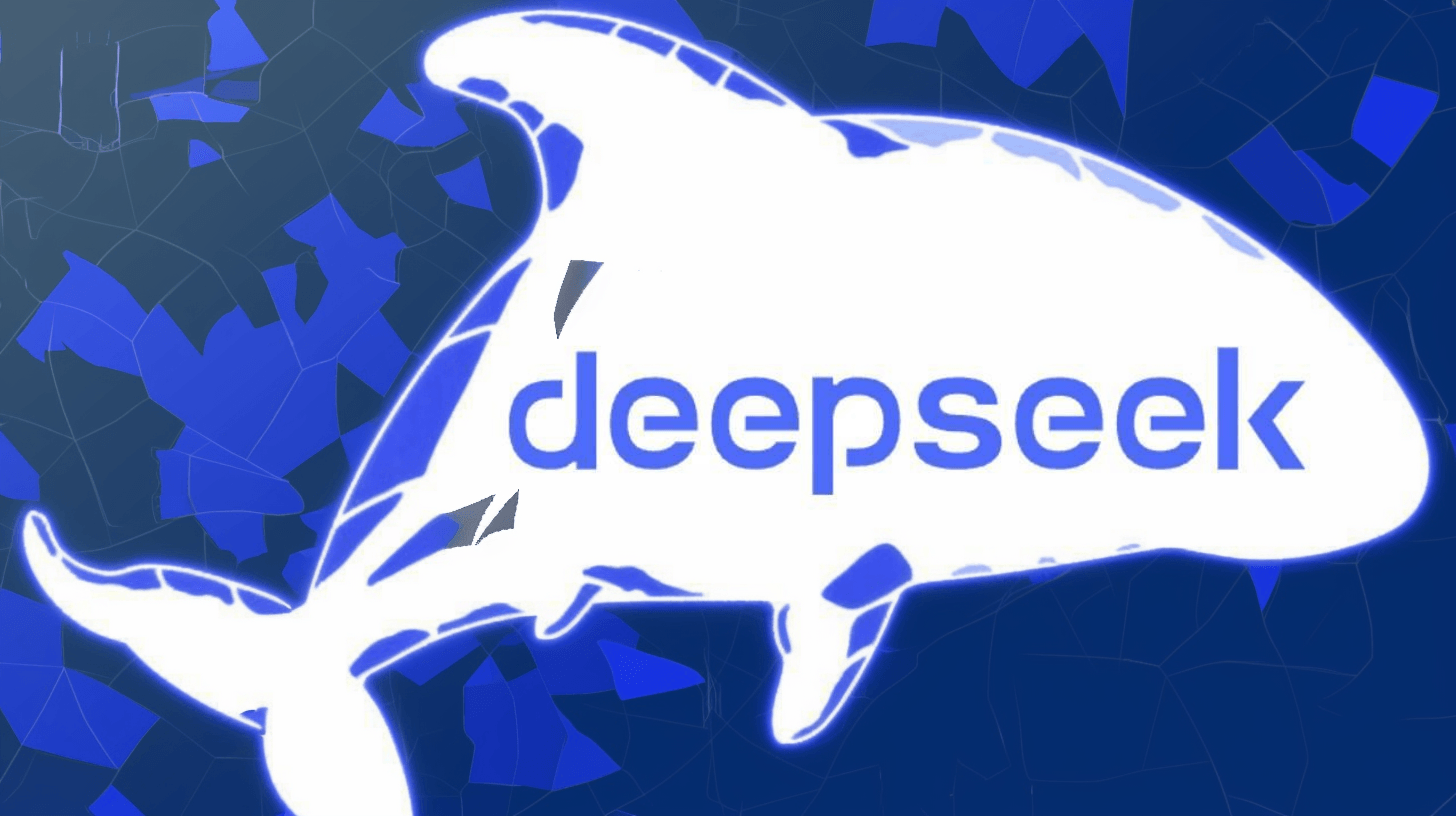
useful principles to assist control and direct practices of all stakeholders throughout the entire life process of AI systems. Education, offered its function to protect along with facilitate advancement and learning, has an unique obligation to be totally familiar with and responsive to the threats of AI - both the known risks and those only just appearing. But too typically the threats are neglected. Using AI in education therefore needs careful factor to consider, consisting of an assessment of the evolving functions instructors need to play and the competencies required of instructors to make ethical and reliable use of Expert system (AI) Technology.
While AI offers opportunities to support teachers in both mentor in addition to in the management of discovering procedures, significant interactions in between instructors and students and users.atw.hu human flourishing need to remain at the center of the instructional experience. Teachers ought to not and can not be replaced by technology - it is vital to protect instructors' rights and guarantee sufficient working conditions for them in the context of the growing usage of AI in the education system, in the work environment and in society at large.
